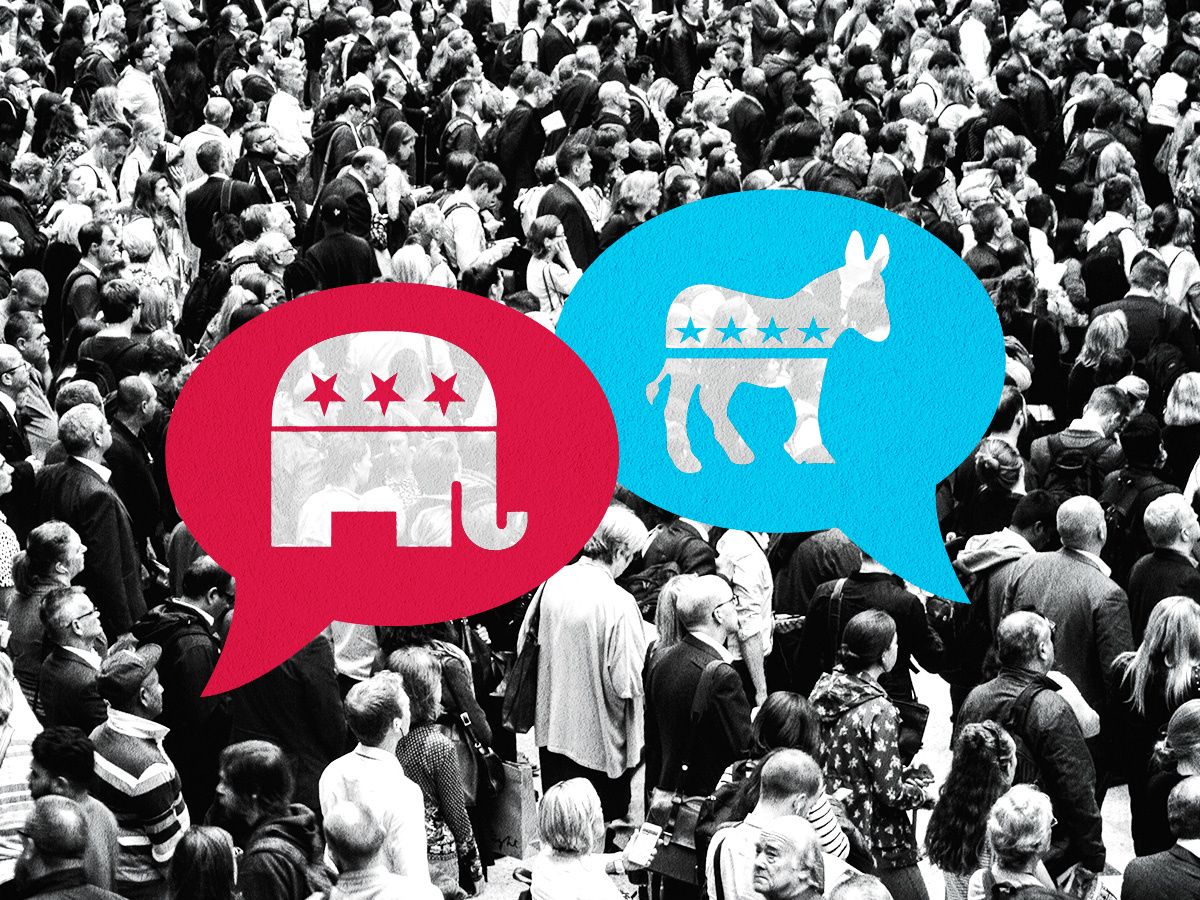This week, the process of impeaching President Trump entered the critical phase as the House of Representatives held its first public hearings. The battle lines are now drawn.
The Democrats say that there is compelling evidence that Trump withheld badly needed military to aid to an ally at war to pressure that country's government to provide him with personal political benefit by helping him discredit a political rival.
The Republicans say that the evidence comes mainly from witnesses with little or no direct contact with the president, and that the military aid was delivered to Ukraine without the Ukrainian president taking the actions Trump is alleged to have demanded.
The big picture: In coming days and weeks, there will be much public discussion of new details in the investigation and of unfamiliar characters in this drama. It will be easy to become lost in the weeds.
Here are a few thoughts to keep in mind as we try to separate what matters from what doesn't.
The drama now unfolding on American television is part of a political process, not a legal one. This oft-repeated phrase reminds us that words like extortion, bribery, obstruction, and crimes will be determined not by judges but by lawmakers who answer to voters. The question of whether to remove the president from office will be decided by political calculation of costs and benefits.
Democrats hold a majority in the House of Representatives, and they see political benefit in voting to impeach the president. Republicans control the Senate. They do not see political benefit in removing the president from office. That's why the House remains likely to impeach the president, and the Senate remains highly unlikely to convict him.
Wildcards? Are there developments that could alter this very basic analysis of political reality?
- Some have argued that if the evidence presented by Democrats proves compelling enough to significantly change public attitudes about President Trump, Senate Republicans may abandon him.
- That scenario becomes more likely if Democrats gain access to headline-making new evidence of presidential misconduct. For example, some point to the possibility of access to files of Trump's calls with other world leaders, including Russia's President Vladimir Putin.
- There has even been speculation that Republican Senators might seek political safety by agreeing to vote by secret ballot on whether to remove Trump from the White House.
All these scenarios remain unlikely.
- By historical standards, President Trump's approval ratings have proven remarkably stable. Perhaps that's because conservatives and liberals in the United States get their news from cable channels and websites that align with their political views. Whatever the cause, the dramatic events of the past three years have done little to change public perception of Trump.
- Any damning new evidence, if it exists, is unlikely to surface soon, because the president can pursue legal action to delay its release. Democrats want the impeachment process finished before the 2020 election campaigns move into high gear.
- Republicans know that many voters will see any move to hold a final vote on Trump's fate in secret as an act of political cowardice. They also know the vote wouldn't remain secret for long. Those who vote to support Trump will say so publicly; it won't be difficult to match final vote totals with the number of Republican senators who refuse to say how they voted. Thus, there's no political safety in this strategy.
The bottom line: The fate of Donald Trump will likely remain in the hands of American voters, not their elected officials. And the outcome of the next election is still more likely to be determined by the Democrats' choice of a presidential candidate, the state of the US economy in 2020, and the enthusiasm that each side's voters feel about the election than by anything now happening under the klieg lights in congressional hearing rooms.
